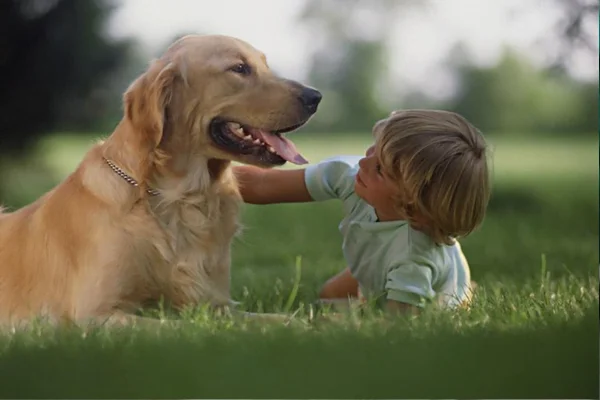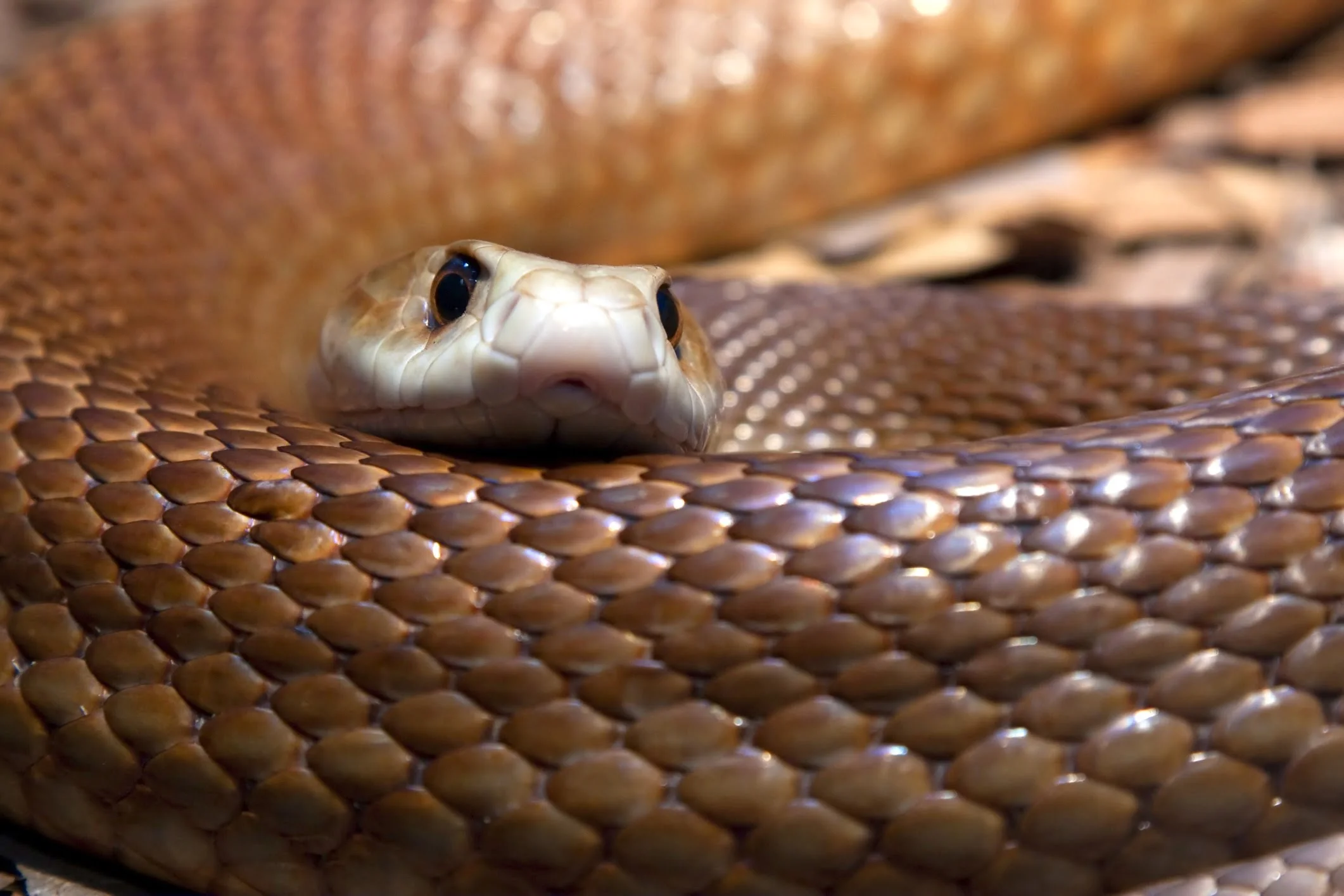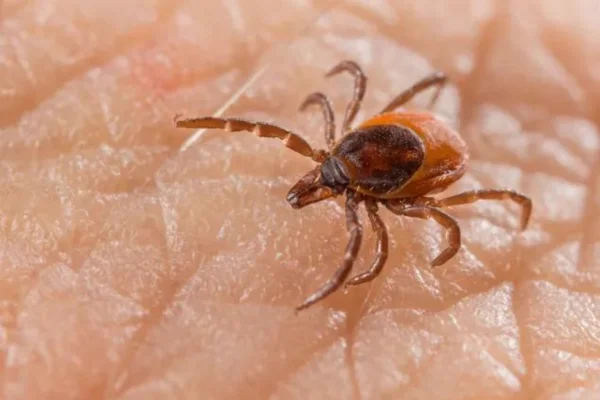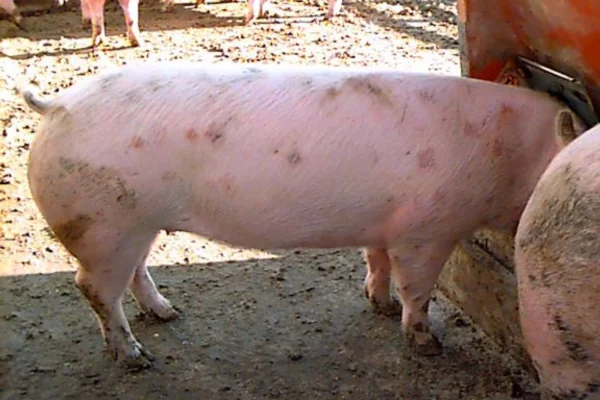Best Dog Breed for an Autistic Child: Finding the Perfect Companion
Description:
Discover the best dog breed for an autistic child and how this partnership can be beneficial. Find valuable insights and answers to your questions about this unique combination.
Introduction
The relationship between autistic children and dogs is extraordinarily special. Not only do dogs offer unconditional love, but they can also play a crucial role in an autistic child's social and emotional development. Choosing the right breed, however, is essential to ensure that the interaction is positive and harmonious. In this article, we will explore in depth the question: "Best Dog Breed for an Autistic Child," offering guidance and insights based on expert knowledge and personal experience.
Best Dog Breed for an Autistic Child
When it comes to choosing the ideal dog breed for an autistic child, it is essential to consider the dog's personality, care needs and compatibility with the specific characteristics of autism. Some breeds stand out in this scenario:
Contents
Golden Retriever: Loyalty and Compassion
The Golden Retriever is widely known for its loyalty and compassionate nature. This breed is famous for its intelligence and patience, making it an excellent companion for autistic children. Its gentle temperament and willingness to learn make it a popular choice.
Labrador Retriever: Energy and Empathy
With its contagious energy and innate empathy, the Labrador Retriever can be a great friend for an autistic child. Their playful disposition and desire to please provide a positive interaction, encouraging the child to get involved in outdoor activities and exercise.
Poodle: Intelligence and Sensitivity
Poodles are noted for their exceptional intelligence and sensitivity to human feelings. They can connect deeply with autistic children, offering emotional support and a lasting bond. In addition, the low amount of shedding can be an advantage for families concerned about allergies.
Border Collie: Mental Stimulation and Focus
For autistic children who benefit from mental stimulation and constant activity, the Border Collie can be an excellent choice. This highly intelligent breed thrives on challenges and training, keeping the child engaged and aiding cognitive development.
The Importance of Gradual Introduction
Regardless of the breed chosen, it is crucial to gradually introduce the dog into the autistic child's life. Abrupt changes can be overwhelming for a child who values routine and predictability. Start with short, supervised encounters, allowing the child and dog to get used to each other.
Care and Hygiene: Ensuring Well-Being
The well-being of the dog and the autistic child is of paramount importance. Make sure you understand the specific care needs of the chosen breed. In addition, involving the child in care activities, such as brushing the coat and feeding the dog, can create a deeper connection between them.
Frequently Asked Questions (FAQs)
What is the best way to introduce a dog to an autistic child?
A gradual approach is essential. Start with short, supervised meetings in a calm, familiar environment. Allow the child to get used to the dog at their own pace.
How do you know if the dog and child are getting along?
Observe their interactions carefully. If both are comfortable and showing signs of affection, such as licking and gentle play, it's a good sign. However, if the child or dog seems uncomfortable, it's important to intervene and assess the situation.
Should I consider rescue dogs?
Yes, rescue dogs can be a great option. However, it's crucial to know the dog's history and personality traits before making a decision.
How important is it to train your dog properly?
Proper training is essential to ensure the safety of both child and dog. Basic commands, such as "sit" and "stay," help to create a harmonious and safe interaction.
How can I help the child build a strong bond with the dog?
Encourage shared activities, such as playing and training. Also, allow the child to take part in the dog's daily care, strengthening the bond between them.
Can a dog help reduce anxiety in an autistic child?
Yes, many reports show that the presence of a dog can provide emotional comfort and reduce anxiety in autistic children.
Conclusion
Choosing the best dog breed for an autistic child is a significant decision that can enrich the lives of both the child and the pet. By considering the dog's personality, its care needs and the child's preferences, you can create a loving and beneficial partnership. Remember that every child is unique, so observe interactions carefully and adjust as necessary. With the right guidance and a careful approach, this relationship can become a source of joy, emotional support and growth for both parties.
(9) Dogs and autism: our experience - YouTube
(9) Marcos Mion talks about autistic people with dogs - YouTube
Thanks for stopping by, check out our other work too
https://vettopbr.com/tosse-em-caes/







